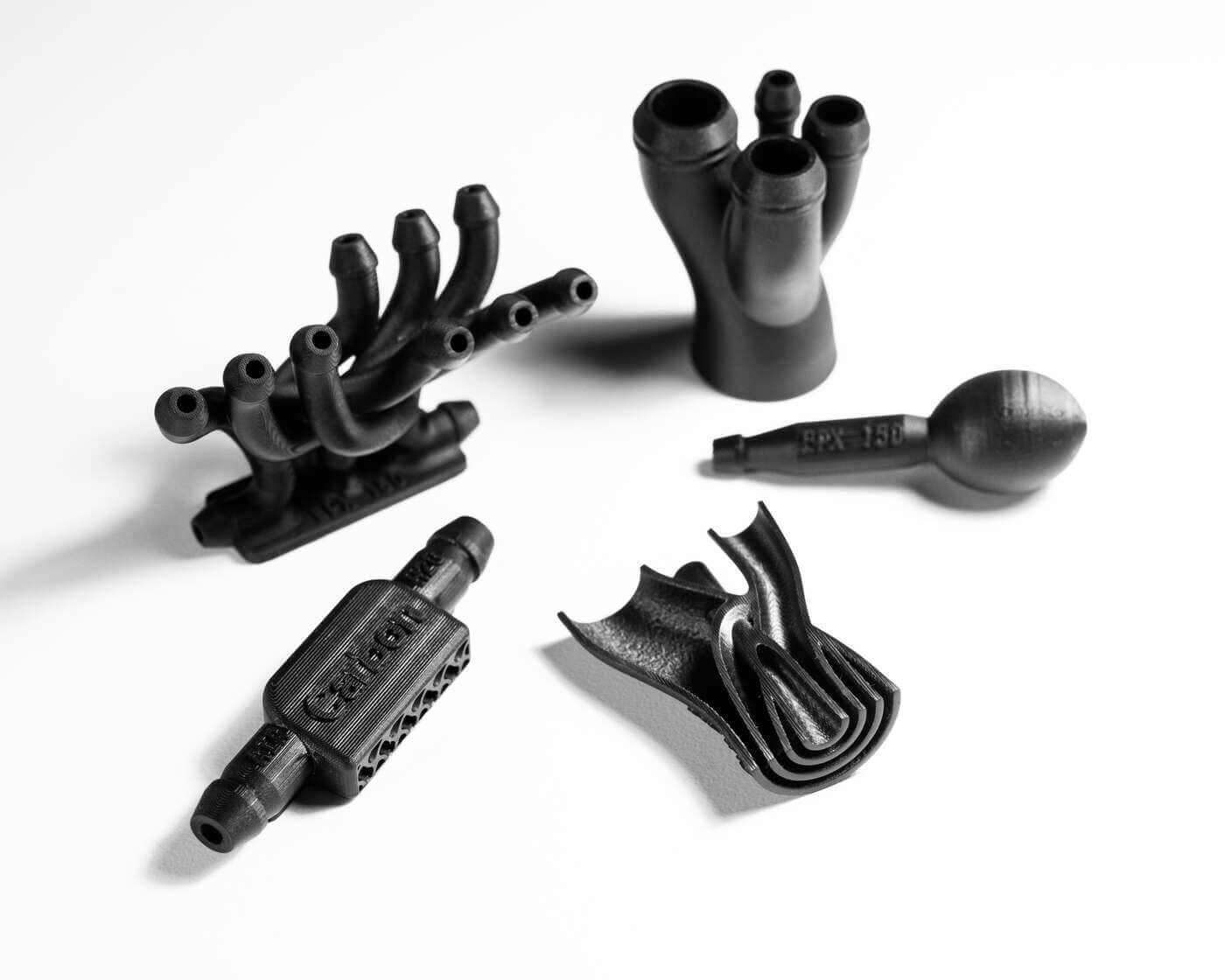CommunicationShipping & Tariff CostConfidentiality & ITARQualification All in One Place
Four Advantages Of Utilizing A Domestic Tooling Source:
Elite Mold & Engineering – Domestic Tooling Experts

Recent Posts
Addressing the Common Design Issues in Injection Molding Plastics
At Elite Mold & Engineering, we try to ensure the success of every injection molding project by addressing any design issues well before production is underway. Our integrated prototyping and product development services bring any potential issues to light, while...
Rapid Injection Molding: An Increasingly Crucial Service for Supply Chain Sustainability
Rapid injection molding is one of the key ways that American manufacturers have risen to the challenges of today’s global supply chain. It’s no secret that most plastic products are made in China. Traditionally, when customers thought of molded plastics, Chinese...
A Guide to STL Files for 3D Printing Projects: STL vs. CAD Models and Other Critical Info
Creating a custom STL file for your parts is one of the crucial early steps in the 3D printing process. Essentially, an STL file is a 3D model that precisely describes the surface geometry of your part as a complex structure built up from interlinked triangles. We’ll...
Rapid Prototyping Techniques Compared: Injection Molding, 3D Printing, and CNC Machined Prototypes
Elite Mold & Engineering specializes in three of the most flexible high-speed prototyping services on the market: rapid injection molding (RIM), 3D printing, and low-volume CNC machining solutions. Each of the three processes comes with its own set of unique...
The all-new EPX 150 thermoplastic is one of Carbon’s most advanced high-performance 3D printing materials yet. Essentially an updated formulation of the popular EPX 82 material, EPX 150 now offers substantially upgraded chemical resistance and even better high-temperature stability.
Exceptional Chemical Resistance and Heat Resistance Combined with Functional Toughness
An engineering grade plastic, EPX 150 provides outstanding chemical resistance in combination with creep resistance. It also provides great high-temperature stability with a heat deflection temperature of 155°C. This makes the material suitable for an extremely wide range of additive manufacturing markets – from medical products that require repeated sterilization to 3D printed automotive parts that require high precision and repeatability.
Offering comparable mechanical properties to high-performance thermoplastics like PEEK and PSU, EPX 150 can easily accommodate complex part features and precision tolerances. Furthermore, the material’s chemical resistance and thermal stability make it perfect for manufacturing many specialized industrial products – everything from industrial spray nozzles to custom electrical connectors for harsh environments.
Comparable 3D Printing Materials:
EPX 150 offers a unique combination of performance attributes, mechanical properties, and manufacturability. However, it can be compared or considered alongside various other common high-performance thermoplastic materials, including:
- PEEK (polyether ether ketone)
- PEI (polyetherimide, or branded as Ultem)
- PSU (polysulfone)
- PBT (polybutylene terephthalate)
- PC (polycarbonate)
- Polyamides (nylon plastics)
Performance Advantages and Mechanical Properties:
Thermal Stability
The outstanding thermal stability of EPX 150 means that it retains its mechanical properties and resists aging in high-temperature applications – crucial to the modern medical sector and automotive industry as well as various industrial operations. Temperatures ranging -30C all the way up to 125°C are no problem for this high-performance thermoplastic.
Chemically Resistant
EPX 150 is highly resistant to many commonly-used chemicals and solvents including water, glycol mixtures, and many sterilization chemicals/medical disinfectants. The material not only stands up to long-term chemical exposure – it does so with minimal change in mechanical properties and virtually no change in visual appearance.
Suitable for Sterilization
EPX 150 is engineered to reliably withstand over 200 typical sterilization cycles – crucial for the modern medical field as well as various other commercial applications. (A typical sterilization cycle is defined as 134°C/ 4min in a steam autoclave.) The material’s high heat resistance and chemical resistance means that there is minimal change to dimensionality or mechanical properties, even when subjected to repeated sterilizations.
Basic Mechanical Properties of EPX 150:
- Ultimate Tensile Strength – 76 MPa (11 ksi)
- Heat Deflection Temperature – 155 °C (311 °F)
- Elongation At Break – 5 %
- Impact Strength (Notched) – 36 J/m 0.67 ft-lb/in
- Tensile Modulus – 2700 MPa 392 ksi
Michigan’s Leading Additive Manufacturing Specialist
Elite Mold & Engineering is one of the greater Michigan region’s premier injection molding companies with integrated 3D printing services. Our additive manufacturing solutions are optimized for prototyping projects and as well as low-volume batches. Get in touch to discover how we can help achieve the optimum manufacturing process for your unique products and volume requirements.
Communication
Confidentiality & ITAR
No Additional International Shipping or Tariff Cost
Qualification All In One Place
Let Elite Become Your Preffered Domestic Tooling Partner
Discover the multitude of benefits when you choose a domestic tooling source. With our expertise, experience, and commitment to quality, we provide a multitude of key advantages that will streamline your operations. Our local presence ensures seamless communication, offering you the convenience of direct and efficient collaboration. Elite’s stringent quality control measures guarantee precision and reliability, delivering top-notch tooling solutions tailored to your specific needs. Also, by choosing a domestic source, you support local businesses and contribute to the growth of your community. Our quick turnaround times ensure that you stay ahead of the competition, enabling you to meet even the tightest project deadlines. Embrace the numerous advantages of a domestic tooling source and watch your productivity soar.